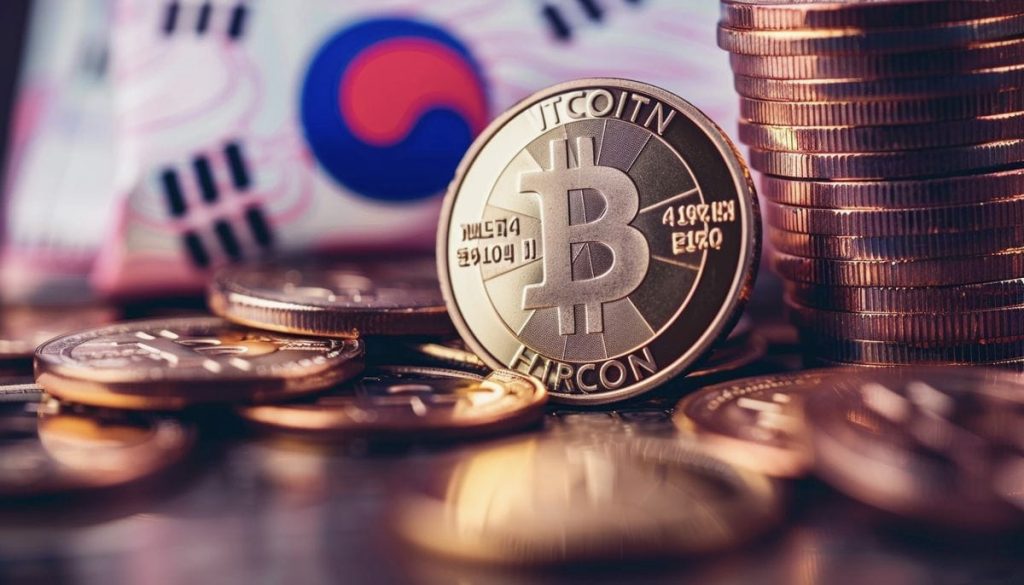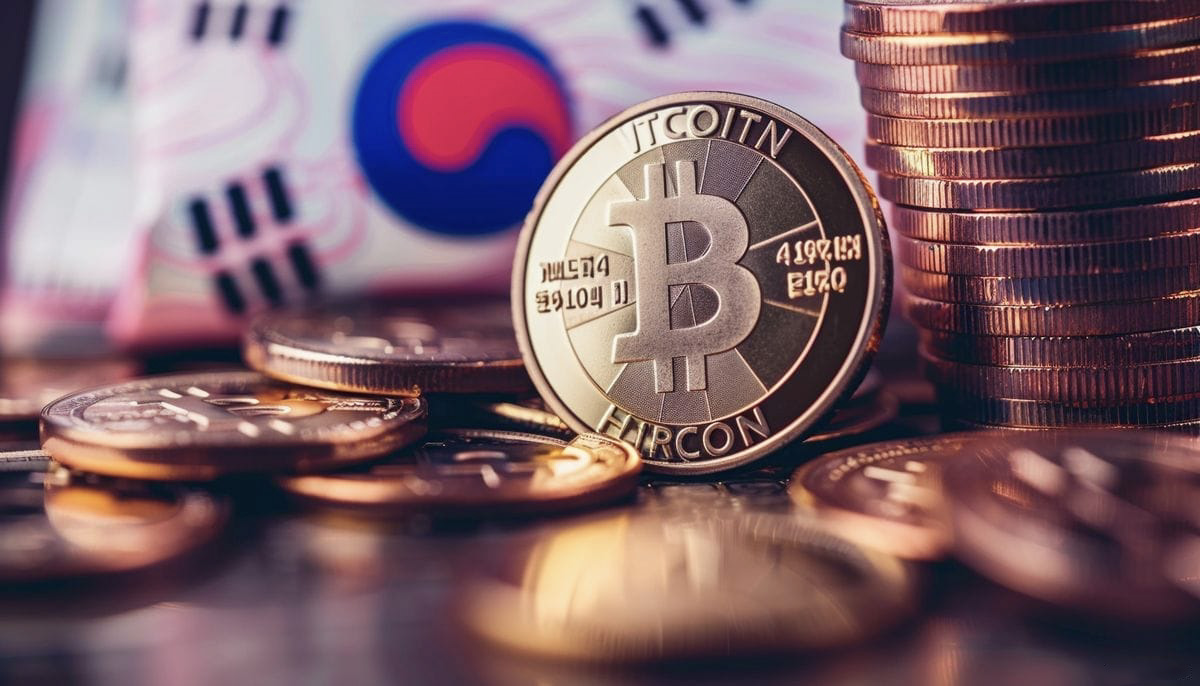One of the report’s main conclusions is that the Korea Premium Index is largely driven by institutional investors.

South Korea’s cryptocurrency market has experienced notable growth thanks to the increasing Korea Premium Index, according to a recent report by blockchain analysis firm Chainalysis.
The price differential between major cryptocurrencies traded on local platforms, such as Bitcoin (BTC), Ether (ETH), and other altcoins, and international exchanges is measured by the Korea Premium Index.
Chainalysis observed that the peculiar market conditions in South Korea, combined with institutional trading and local demand, have led to a surge in cryptocurrency prices on local exchanges that surpass the global averages.
South Korea Traders Are Paying Higher Prices
According to the report, during times of market volatility, South Korean traders are paying noticeably higher prices for digital assets, which is reflected in the sharp increase in the Korea Premium Index.
These price differences seem to be being exploited by institutional and retail investors alike, who are looking to make gains in these unpredictable times.
One of the report’s main conclusions is that the Korea Premium Index is largely driven by institutional investors.
The premium is influenced by large-scale transactions carried out by institutional players, which move substantial amounts of cryptocurrency.
The report stated that “institutional activity is a significant driver of the price discrepancies.”
These investors frequently partake in arbitrage, purchasing cryptocurrency from international exchanges at a discount and reselling it on South Korean platforms for a premium.
South Korea’s crypto market is booming! 🚀 The rising Korea Premium Index, driven by local demand and institutional trading, is fueling price surges on exchanges. 💹
— Nancy Gupta (@nancy_29_05) September 18, 2024
Big opportunities ahead! #Crypto #Bitcoin #SouthKorea #Blockchain pic.twitter.com/WNllDaiSAY
The report also notes that local exchanges are widely used by South Korean investors to manage their funds, and that the movement of assets from domestic to international exchanges is directly associated with premium increases.
The Financial Supervisory Service (FSS) also found that workers at Dunamu, the company that runs the Upbit exchange, made a lot more money than workers at big banks like Hana Bank and KB Kookmin Bank.
The average salary of Dunamu employees was 133.73 million South Korean won ($99,500), demonstrating the profitability of the country’s emerging cryptocurrency market.
South Koreans Turn to Crypto
According to a recent survey, the majority of young South Koreans are becoming disenchanted with the country’s pension system and believe that equities and cryptocurrency would be better options.
More than 75% of respondents in the 20–39 age range “do not trust” state-issued pensions, according to the study.
More than 50% of those who indicated they were creating their own pension plans stated they were using equities and cryptocurrency to increase their retirement savings.
Interestingly, even election candidates themselves have exposure to cryptocurrencies, with approximately 7% of them owning digital assets, according to a report by Yonhap that analyzed their asset disclosures.
Just recently, it was reported that South Korea is set to introduce stricter regulations for token listing on exchanges, including the blocking of tokens that have been hacked.
By the end of this month or the beginning of next, the nation’s financial authorities hope to publish guidelines supporting virtual asset trading.















Leave a Reply